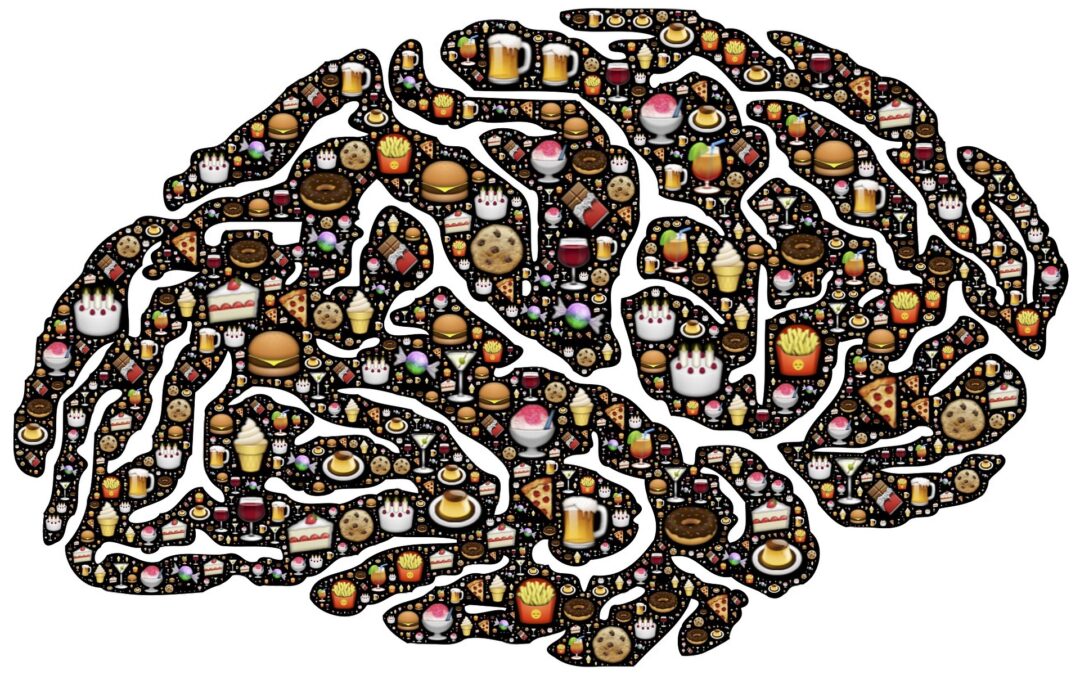In about 400 B.C., Hippocrates wrote an ancient version of the title of this blog. He went on to say that food could also be the source of illness. We now have research to support his assertions.
Our American Diet is killing us. Slowly, but no less certainly, shortening our lives and making us miserable. The “convenience” foods that promise to save us time in the kitchen and the fast food available on every retail corner are laden with refined sugar and saturated fat. The sugar is addictive and blocks our ability to recognize we’ve had enough to eat leading to extra pounds and Type II diabetes for many of us. The saturated fat (palm oil is the most heavily used these days) clogs our arteries unless we are blessed with naturally high high-density lipoproteins (HDL) to clear it out. It is NOT merely a “calories in, calories out” calculation. The kind of calories we consume matter. A lot.
Ours is a sugar-rich culture and economy. Every holiday requires ice cream, pie or cake. The grocery aisles simply burst with boxed items loaded with salt and sugar. Check the label on soda, cereal, sports drinks, protein/granola bars, and smoothies. The recommended 6-9 teaspoons daily is exceeded in a single Coke with 17. Our teens would live on soda and pizza or fries.
Refined sugar is especially appealing to kids with trauma histories because it brings a big hit of dopamine, the same ‘feel good’ neurotransmitter activated by cocaine and heroin. Another side effect of all that sugar is the crash that follows once our insulin mobilizes to remove it from the blood stream and store it as fat when it isn’t burned quickly enough by exercise. In your life with kids with trauma histories, this matters because that crash makes for irritable kids and irritable caregivers, never a good combination. I’ve talked a lot about self-regulation strategies like walking, singing, and chopping veggies. I’ve described using these strategies during transitions, after a meltdown, and intermittently as practice for when you really need them. But when your physiology is working against you, when you’re edgy because that last dose of sugar is wearing off and you want more, it gets a lot harder to predict what strategy might help, much less to implement it consistently and calmly.
So much for the bad news. The good news is that the Mediterranean Diet, sporting olive oil, dark chocolate, red wine, loads of fatty fish like salmon and sardines, fresh fruits, and vegetables, may reverse much of the damage caused by that poor earlier diet. Sugar detox lasts a few weeks but is possible. The benefit of eating more fresh or freshly cooked vegetables is truly amazing. One study found that folks reported improved mood simply by adding fruits and vegetables to their daily food intake. It may have something to do with the antioxidants present in these foods and their ability to sooth the inflammation associated with depression.
Teach your teen to steam vegetables and to add flavor with spice blends or tangy goat cheese as protein. Replace soft drinks with water and lemon or herbal tea for one week. Get ready for caffeine withdrawal headaches. Use music to help kids surf the urge to find another sugar hit. Sardines are cheap and tasty with mustard on a cracker. Cook a huge pot of garbanzo beans and make your own hummus to serve with carrots, celery, and peppers. Treat this as an adventure for the whole family and once the withdrawal ends, check in for how everyone is feeling. Here’s a link to information about the Mediterranean Diet: https://www.healthline.com/nutrition/mediterranean-diet-meal-plan.
NEWS
- Check out the AZAFAP Event Calendar at https://azafap.gnosishosting.net/Events/Calendar.
- Our Friday night Happy Hour and Tuesday afternoon Coffee Chat continue. Some find me and a single other participant on Tuesday or Nancy (an adoptive parent) on Friday; others find a conversation among 4 to 6 people. The topics range from the silly to what hobbies have us in their grip to what life has thrown in our path. If you ever find yourself wanting a bit of grown-up conversation, consider joining us (check your email for the unchanging link).
- NEW! Parent Mentor Partners: AZAFAP has trained volunteer parents as mentors who are ready to help support foster, kinship and adoptive parents through one-to-one conversations. Interested? Fill out the form at https://www.azafap.org/family-support-services/
- Registration is also open for new, regional Circles of Supportive Families on AZAFAP’s Event Calendar. Reach out to find another parent who understands.
- Though pressures are easing, this pandemic continues for those of us who understand what is at stake. We are all weary of it. Reach out if you need an ear: cathyt@azafap.org.
- I encourage you to check out what Dr. Bruce Perry has to offer. Find his thoughts at https://www.pcaaz.org/wp-content/uploads/2019/07/B21-Insightful-Caregiving-Intimacy.pdf and at https://www.neurosequential.com/covid-19-resources
Thanks for listening. Take care of yourself so you can take care of others.
Cathy


Recent Comments